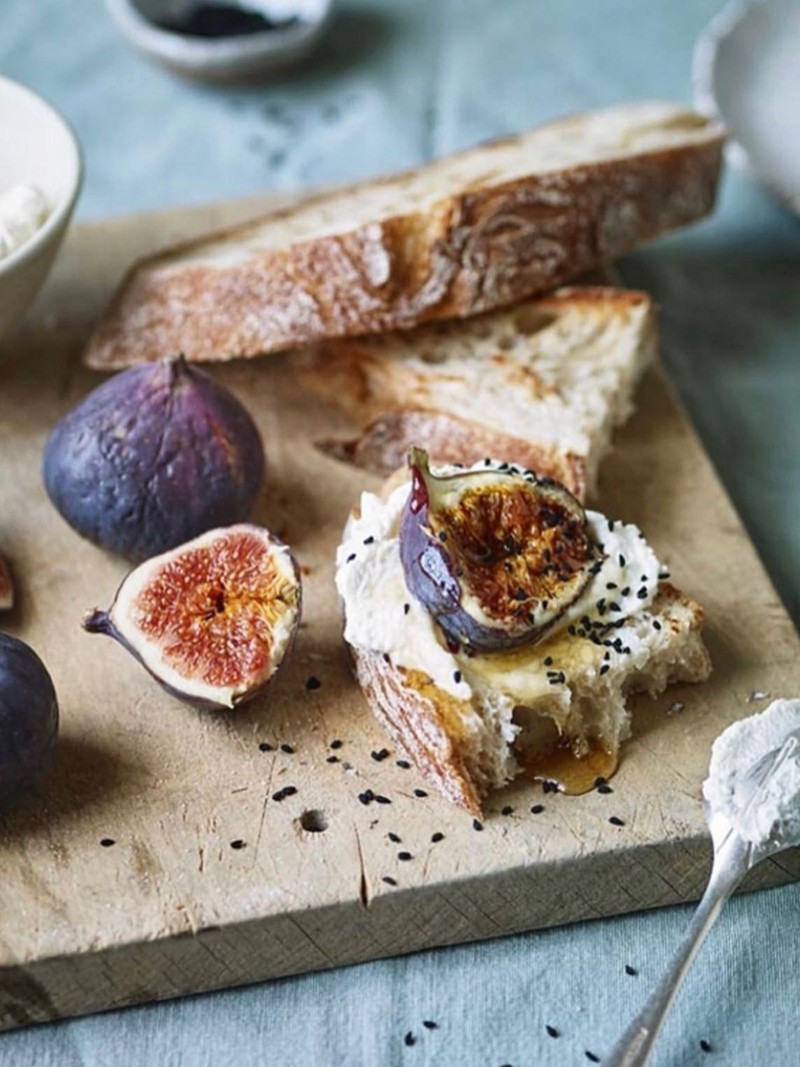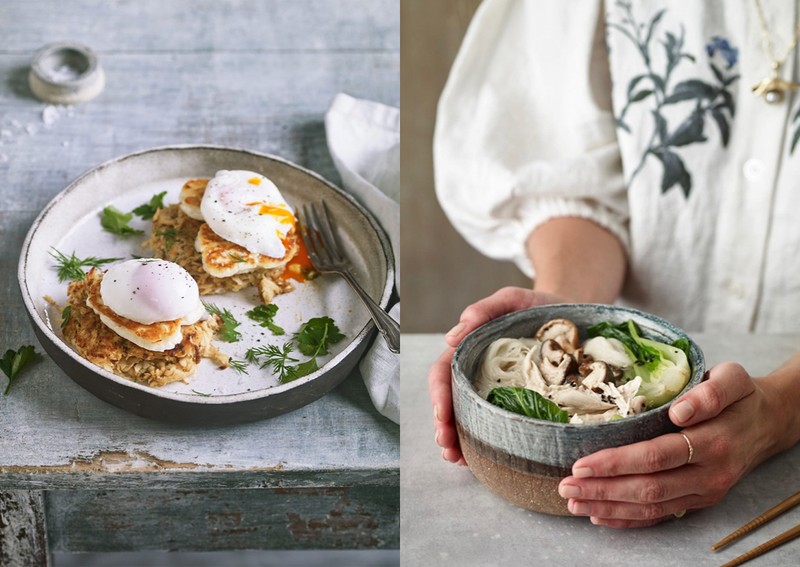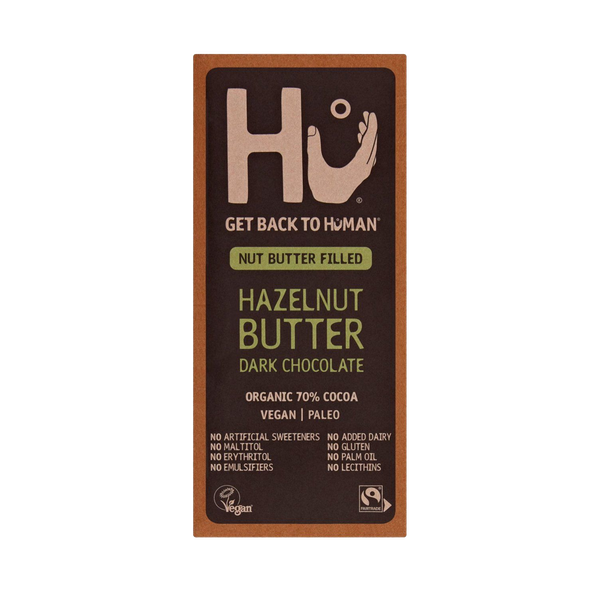A Leading Nutritional Therapist Shares Her Wellness Habits
Switch Up Your Breakfast Daily
When it comes to gut health – which we know plays a central role in our overall health – diversity wins. We should aim to eat at least 30 different plant foods a week – and this doesn’t necessarily mean fruit and vegetables. Spices, grains like rice and quinoa, nuts and seeds, and coffee all count. Breakfast is the one meal of the deal day where we tend to gravitate towards the same foods, meaning it’s a great chance to mix things up. I tend to have eggs in different ways – current favourites include poached eggs on sourdough with a side of greens, and or scrambled eggs with cumin. Every week, I make a nut and seed blend, mixing up the varieties I use, and I’ll often have this with natural yoghurt if I fancy something sweet.
Enjoy Coffee
I don’t really understand why people say coffee is bad for you. In moderation – think one to two cups per day – quality coffee is rich in antioxidants and has many health benefits. Just don’t drink coffee after midday, and if you suffer with insomnia or anxiety, swap for decaf or green tea. I buy coffee beans from Flying Horse – my local coffee shop – to use at home and always enjoy a cup or two each morning.
Choose Full-Fat Dairy
Full-fat dairy has had a bad rap in the past, but the tide is turning. Full-fat dairy is nutrient dense, satisfying and aids the absorption of the fat-soluble vitamins found in the dairy itself. Steer clear of low-fat dairy products, which tend to be full of emulsifiers and sweeteners to mimic the taste and texture of full-fat products. I rate Yeo Valley, Estate Dairy and Fen Farm. You’ll always find a pot of full-fat yoghurt and a couple of types of hard cheese in my fridge.
Meditate
Morning meditation sets me up for the day – I don’t know how I lived without it now. I used to journal in the evening, which was super cathartic, but recently got out of the habit. I’d love to start journaling again – it’s like a form of brain dumping, which is a great way to put your thoughts from the day onto paper and clear the head. When it comes to mental health, don’t underestimate your support network, either. Family and friends are my tonic.
Eat The Rainbow
An abundance of colourful foods supports gut health, and trying to eat a variety of colourful foods is one of the most important things you can do for your gut microbes. Phytochemicals are pigments that give plants their colour and endless studies show they have a nourishing effect on our gut bugs. Cruciferous vegetables like broccoli, cabbage and cauliflower are fantastic for the gut, while carrots, sweet potatoes and butternut squash are rich in antioxidants called carotenoids that support the gut. Seeds, wholegrains, herbs and spices count too. Once a week, I load up a roasting tin of vegetables – whatever I have in my fridge. This sees me across a few lunches, and I rotate the protein on top, whether it’s leftover chicken from a roast on the weekend, grilled halloumi or smoked salmon. Soups are a great way to use up leftover vegetables, as are frittatas. My sweet potato, kale and feta frittata is a firm favourite.
Avoid All-Day Grazing
I tend not to snack to allow fasting time between meals for both metabolic and gut health reasons. Studies show that leaving four to five hours between meals is optimal. When we graze throughout the day, the body is in a constantly ‘fed’ state, which can ultimately affect energy levels, leave you feeling sluggish, and affect fat burning. Plus, when we fast between meals, we give our gut bugs time to do their job of cleaning up and managing inflammation. If I’m having a very active day, I’ll pick up some Hu dark chocolate – there’s nothing else like it – or a packet of Holland & Barrett watermelon chips. In the winter, I’ll often have a cup of organic bone broth, which is rich in collagen and other amino acids to support the gut.
Ditch Treat Days
I don’t believe in treat days. A consistent and balanced approach to nutrition is far more sustainable. The minute you tell yourself you can’t have something, you’re only going to want it more. It’s far healthier to nurture a good relationship with food. Through years of working with clients, one of the biggest issues I’ve dealt with is undoing the preconceived ideas we are often exposed to around nutrition. Having a positive and healthy approach to food isn’t about restriction. It’s about giving your body what it needs to thrive. I don’t cut anything out of my diet, but it’s important to prioritise quality. For example, the sourdough you find in the supermarket is unlikely to be genuine sourdough, so buy this from a local bakery instead.
Supplement With Prebiotics
People gravitate towards probiotic supplements, but it’s prebiotics I take daily. Where probiotics contain the bacteria itself, prebiotics are the food that feed our gut microbes. I prefer to take advantage of naturally occurring probiotics in food – I eat a lot of live yoghurt and fermented foods like sauerkraut and kimchi – but I take prebiotics in the form of Bimuno every day. Bimuno is a scientifically proven prebiotic supplement, and the benefits have been game-changing for my gut. I do a course of Symprove – a probiotic – twice a year when I feel I need a reset. This is typically after Christmas and after a holiday. I rate Symprove as it’s one of the few probiotic supplements that’s undergone clinical trials in terms of its efficacy.
Include Ferments
Fermented foods contain probiotics, the ‘good’ bacteria. Good sources include sauerkraut, kimchi, kefir, live yoghurt and some cheeses. I recently discovered Cultjar’s ferments – I love its Japanese, American and Nordic-inspired recipes. It also makes shrubs (drinking vinegars) and some fruit preserves. I was lucky enough to work with them on a collaborative recipe, which was super fun. Even a spoonful of kimchi or sauerkraut is loaded with nutrients and can elevate everything from eggs to sandwiches.
Get Stress Under Control
When we think about gut health, we tend to focus on food. But food is just one part of it. Sleep, exercise and stress levels also play a part in our gut. I’m a huge fan of reformer Pilates and go to weekly classes at Frame and have practised yoga for over 20 years. I mix it up with classes and self-practice. Yoga has been a mainstay in my life for both physical and mental reasons. I also have regular acupuncture and homeopathy sessions – I see Jenya Emets and Sanae Baba at Cloud Twelve. I also see facialist and skin guru Abigail James a few times a year for non-invasive, high-tech facials. Giving my body some TLC is essential to keep my stress under control and hormones balanced.
Be Flexible
Your health is your responsibility, and taking small steps to improve wellbeing is less complicated than you think, but there’s no need to obsess over your health. We have to understand our bodies are changeable – they’ll want different things on different days. Get into the habit of listening to your body.
Be Asleep By 11pm
Studies show the sleep we have before midnight is the most restorative, so being in bed by 10-11pm is essential for optimal health. I always feel so much better when I get some pre-midnight hours in. I switch my phone off at least an hour before bed and leave it in another room overnight. Since doing this, I’ve noticed a real difference in the quality of my sleep. I’ve always been a good sleeper, but I love Dreem Distillery’s bath concentrate followed by the body oil after a hectic day.
For more from Eve visit EveKalinik.com
SHOP EVE'S ESSENTIALS HERE
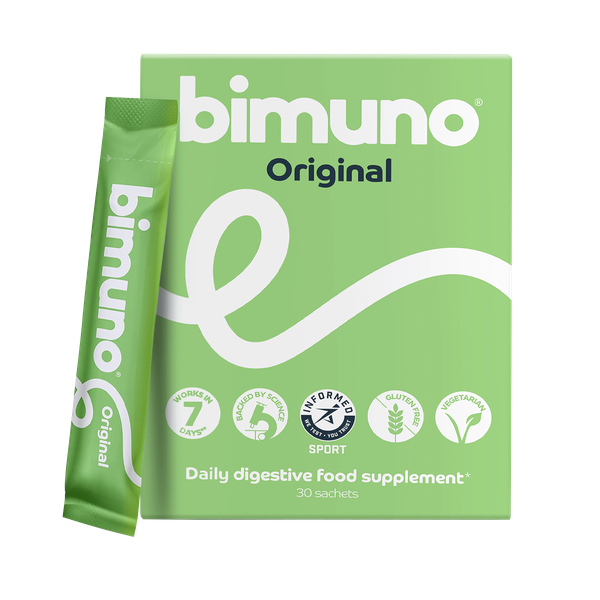
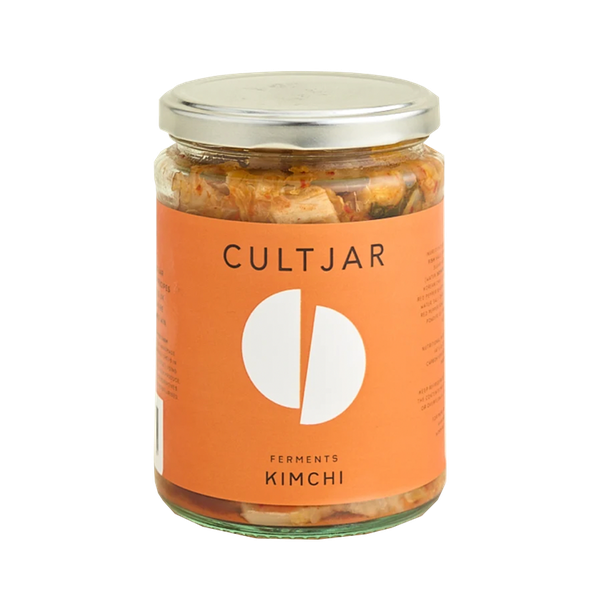
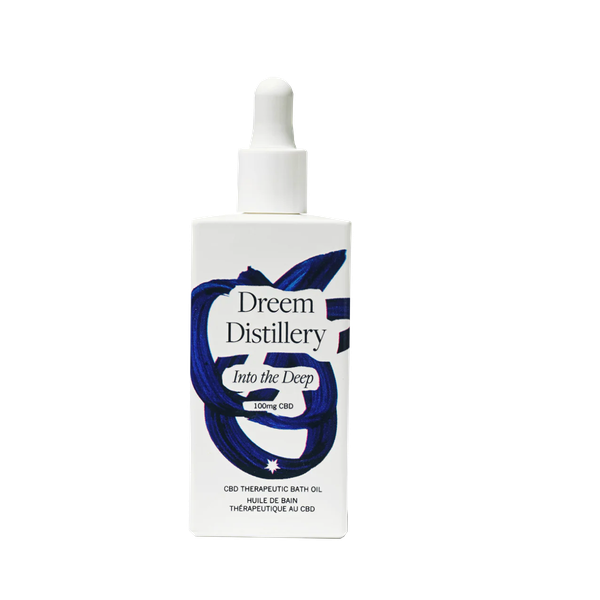
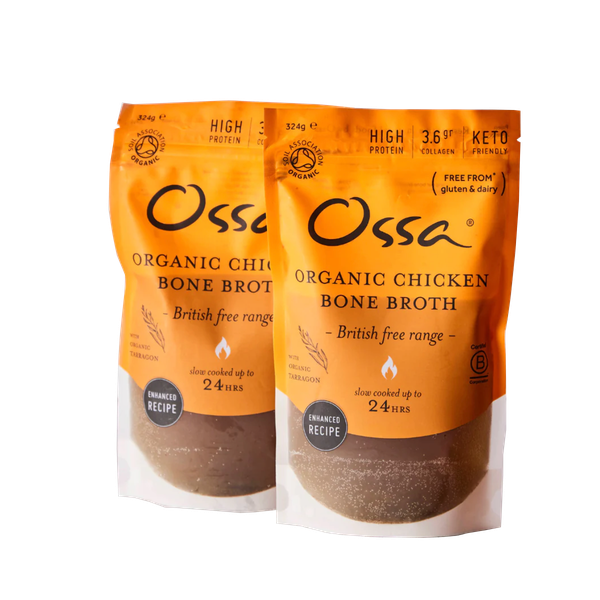
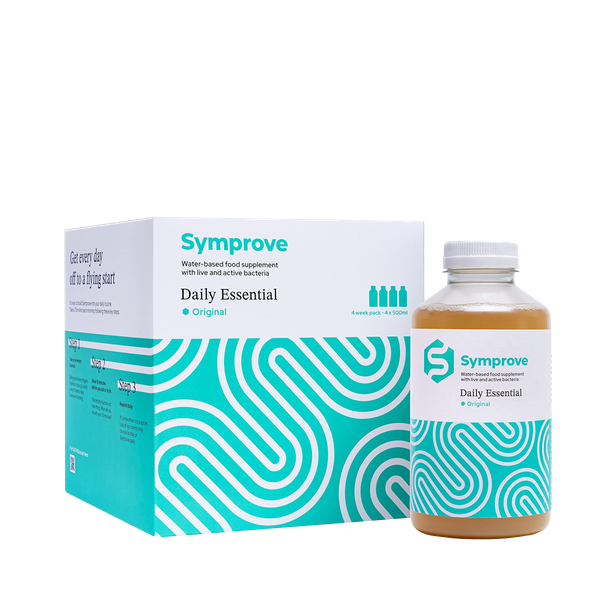
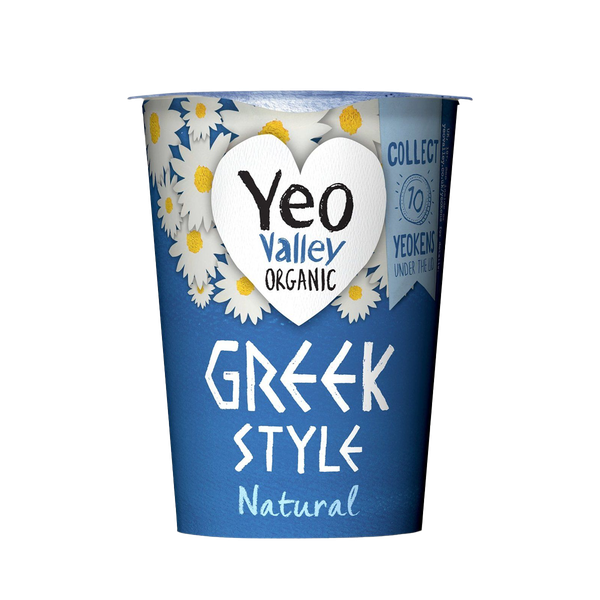
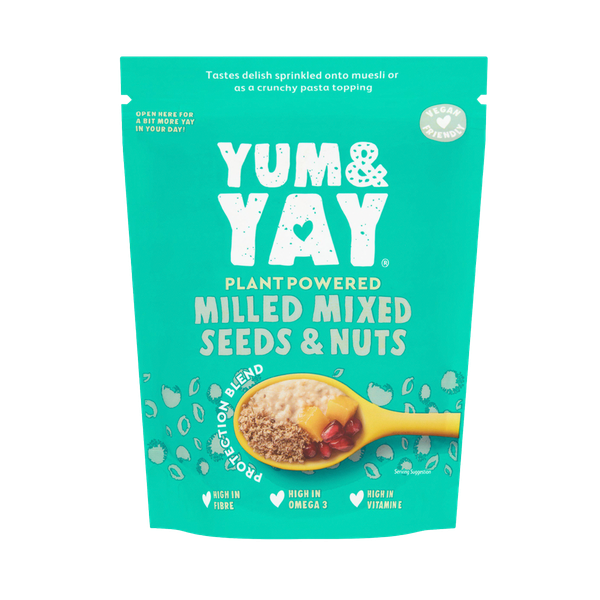
DISCLAIMER: Features published by SheerLuxe are not intended to treat, diagnose, cure or prevent any disease. Always seek the advice of your GP or another qualified healthcare provider for any questions you have regarding a medical condition, and before undertaking any diet, exercise or other health-related programme.
DISCLAIMER: We endeavour to always credit the correct original source of every image we use. If you think a credit may be incorrect, please contact us at info@sheerluxe.com.
